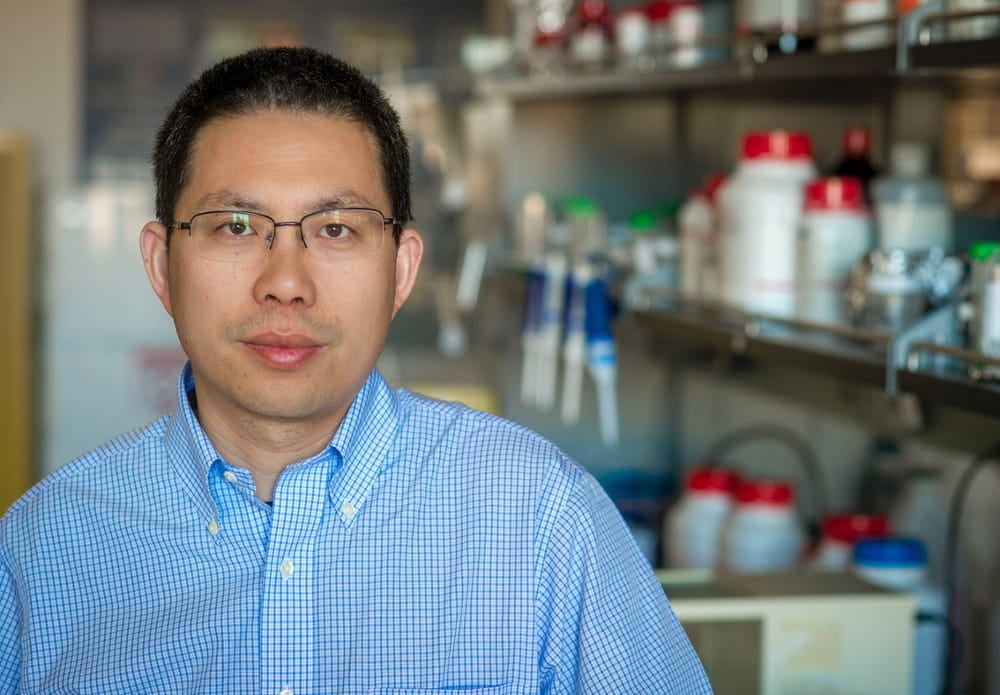A new treatment for a deadly condition

A University of Texas at Arlington bioengineering researcher is leading a team to develop a biodegradable, elastic patch as a new treatment for congenital diaphragmatic hernia (CDH).
One of every three newborns with this devastating condition dies. Five children are born with this birth defect every day in the United States.
Yi Hong, a professor in the Department of Bioengineering, is collaborating with Aijun Wang and Dr. Diana L. Farmer from the University of California-Davis and Jun Liao, a UT Arlington associate professor of bioengineering, on the highly competitive $441,000 National Institutes of Health grant.
“We are building something that gives and takes and grows with the child,” Hong said. “CDH is a serious birth defect characterized by incomplete development of the diaphragm.”

Hong said CDH can allow stomach and intestines to move into the chest cavity, which compresses the lungs and impairs development. Surgery can sometimes repair the defect; otherwise, a prosthetic patch must be used as a bridge. These patches are usually made of synthetic, biologically inactive materials such as Gore-Tex.
“When that’s done, those patches don’t grow with the child,” Hong said. “Also, the child often experiences another hernia. So developing a biodegradable, more natural solution is essential for these children’s survival.”
Michael Cho, professor and chair of the UTA Department of Bioengineering, said this could be life-saving research.
“Dr. Hong’s research can help so many patients,” Cho said. “Taking the research from our labs and using it in the medical field with partners makes UTA’s research so personal, so vital for what this University represents. It also represents the department’s goal of driving translational and transformative research.”